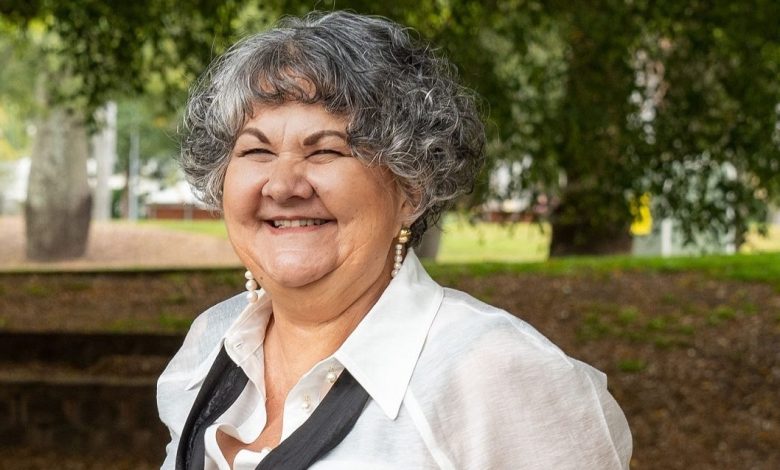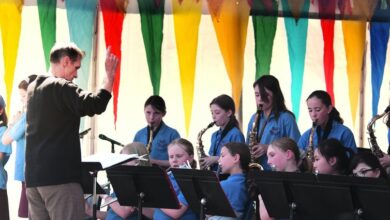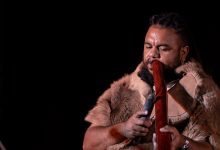
A nationwide campaign has been launched to encourage all Australians to educate, contemplate and circulate the true history of this country, which acknowledges the profound and ongoing impacts of colonisation through the voices of First Nations Custodians.
The Moment of Truth campaign, from First-Nations-led not-for-profit SharingStories Foundation, is calling on all Australians to seek out the truth, and actively correct the one-sided version of our history that is often still taught in Australian schools. Debate around how Australians understand and interpret their history regularly comes to the fore at this time of year, as Australia Day is marked on January 26.
SharingStories Co-CEO and Pitta Pitta woman Sharon Williams said truth telling has the power to heal, and education has the power to create generational change. “That’s why we’re encouraging all Australians to take a moment to step back from the debate and take a step toward unity – through education.” Ms Williams is a First Nations educator with three decades of experience in delivering education programs.
SharingStories is calling on all Australians to educate, contemplate and circulate their #MomentOfTruth:
- Educate – learn the true history of colonisation from First Nations voices.
- Contemplate – What it means to be Australian through a shared history that goes back more than 60,000 years.
- Circulate – Share your #MomentOfTruth and encourage friends, families and teachers in your life to engage with the Jajoo Warrngara free lessons.
Free educational resources featuring online videos and 10 hours of digital lessons have been created in close collaboration with Jaara Elder Uncle Rick Nelson, Bangerang Custodian Roland Atkinson and other First Nations educators to support teachers to educate students in years 6, 9, and 10 on this topic.
Designed to national curriculum standards, these First Nations-led resources are being made available for free to all Australians for the first time through the SharingStories education portal Jajoo Warrngara: The Culture Classroom. In the Nyikina language of SharingStories co-founder Annie Milgin, the term ‘jajoo warrngara’ means “to gather around and learn from the Elders” – a fundamental principle of First Nations pedagogy.
“The moment of truth for genuine educational inclusion is now,” Ms Williams said.
“The Australian Curriculum itself acknowledges that Australia Day is also known as Invasion Day by many Australians.
“In fact, a key focus of the Aboriginal and Torres Strait Islander Cross Curriculum Priorities states that ‘the occupation and colonisation of Australia by the British, under the now overturned doctrine of terra nullius, were experienced by First Nations Australians as an invasion that denied their occupation of, and connection to, Country/Place’.
“This is in direct contrast to the narrative often taught in Australian schools where colonial history is prioritised; with a strong focus on the First Fleet’s arrival and little to no acknowledgment of the Frontier Wars or the diverse cultures of the people who thrived here for more than 60,000 years,” Ms Williams said.
The campaign comes as new research commissioned by the Foundation revealed four in five Australians (80 percent) want more First Nations culture taught in schools.
This figure is in line with a landmark national 2021 study of 5000 Australians that identified common ground in the need for more First Nations teaching, despite a significant generational divide for and against changing the date. The survey found almost 90 percent of millennials want more First Nations education – 80 percent of boomers agreed.
The SharingStories commissioned a survey of 1000 Australian adults revealed only half (49 percent) were taught Aboriginal and Torres Strait Islander Histories and Cultures in their schooling in any significant way. The study found two in three teachers (67 percent) believe their school should be doing more to support First Nations-focused curriculum and more than three quarters (76 percent) know they could increase the amount of time spent embedding Aboriginal and Torres Strait Islander Histories and Cultures in their classroom. This is largely due to teachers not having access to authentic resources which support the safe sharing of First Nations history and cultures.







